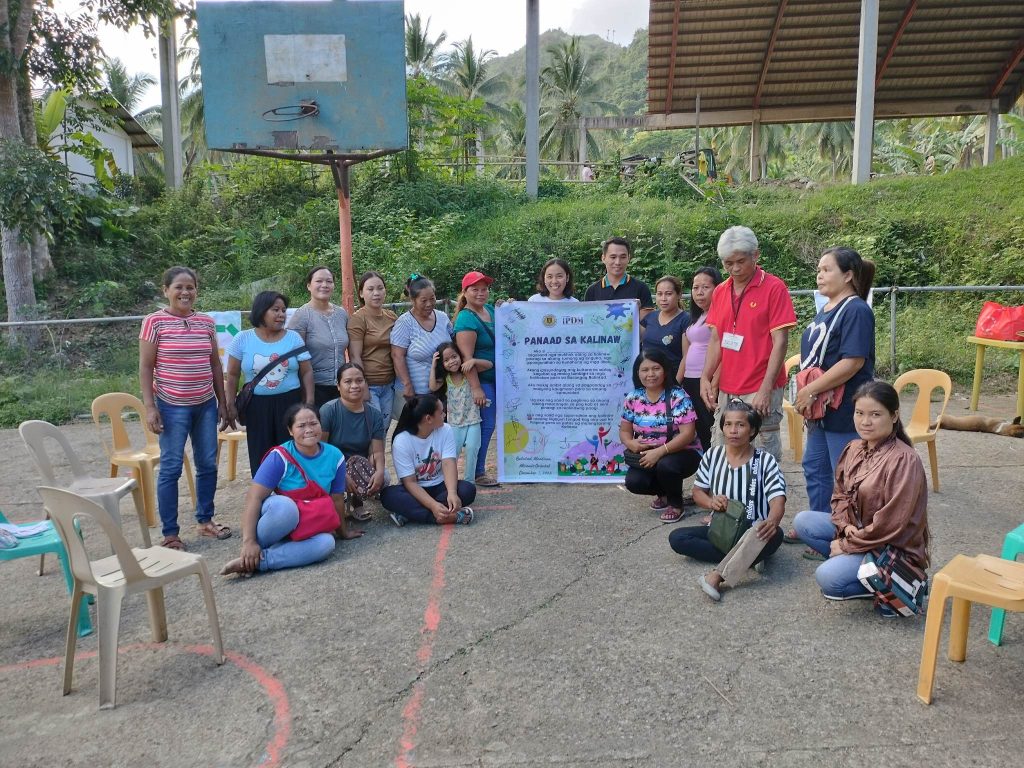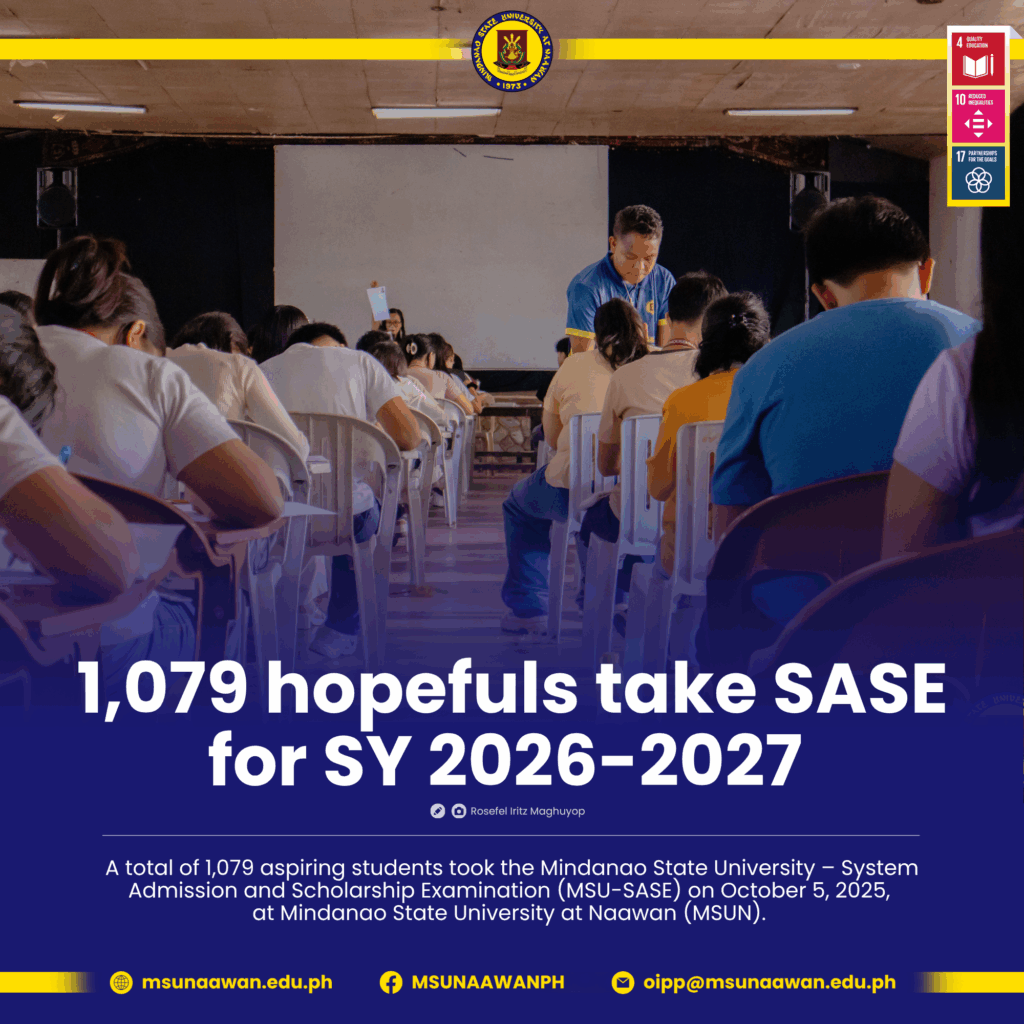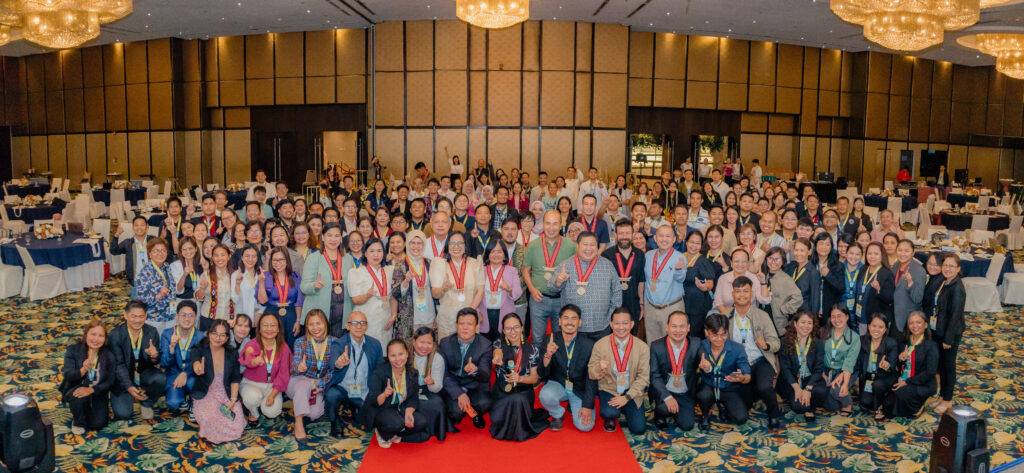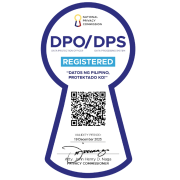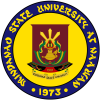Reviving the Black Tiger Shrimp Industry through IMTA!
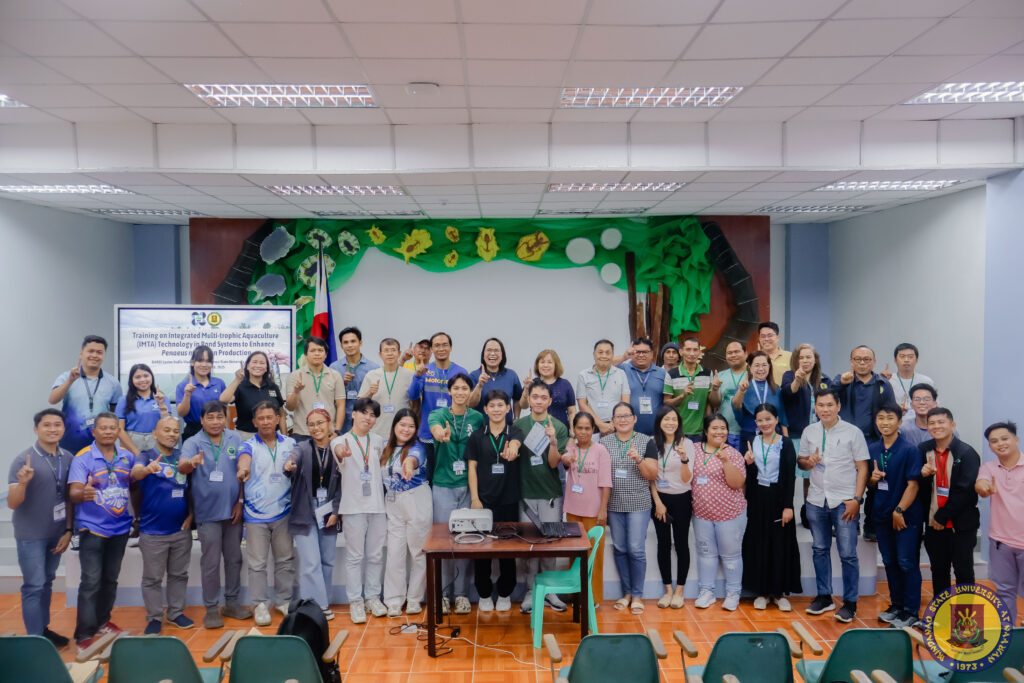
The IMTA Project of Mindanao State University at Naawan (MSUN) successfully conducted a Training and Hands-On Workshop on Integrated Multi-Trophic Aquaculture (IMTA) Technology in Pond Systems to Enhance Penaeus monodon Production on September 16–18, 2025, at the Develops, Adopts, Responds, Encourages, and Sustains (DARES) Center, MSUN.
A total of 34 participants eagerly joined the three-day training, representing the LGUs of Bislig, Surigao del Sur, and Lala, Lanao del Norte, along with fish farmers, pond operators, and private pond owners from Iligan City, Lanao del Norte, and Digos, Davao del Sur. Adding diversity to the group were enthusiastic undergraduate, master’s, and doctoral students in Aquaculture and Marine Biology, who were eager to learn and contribute to the future of sustainable aquaculture.
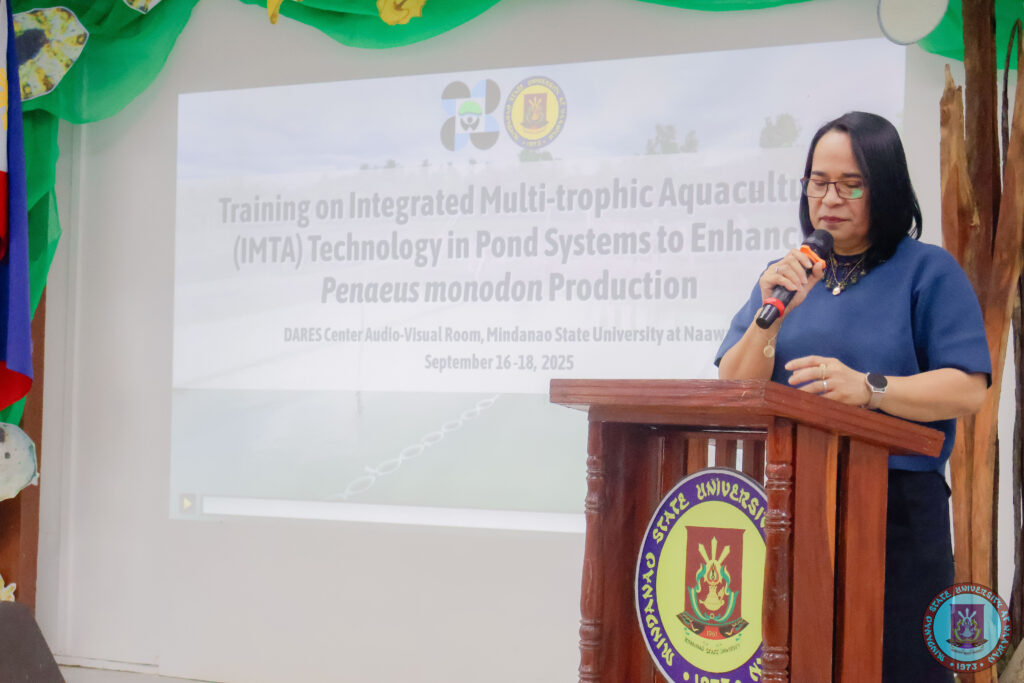
The opening program featured inspiring messages from Dr. Elnor C. Roa, Chancellor of MSUN, and Dr. Adelaida T. Calpe, Director of the DOST-PCAARRD Inland Aquatic Resources Research Division (IARRD). Dr. Aida D. Perpetua, Director of the DARES Center and project member, then introduced the participants, outlined house rules, and set expectations for the training.
This training marked a timely and vital step toward reviving the Penaeus monodon (black tiger shrimp) industry. This once-thriving, high-value aquaculture commodity has declined in recent years due to environmental degradation. By showcasing IMTA as an innovative and sustainable technology, the workshop highlighted its potential to restore shrimp productivity, enhance ecological balance, and create long-term livelihood opportunities for fish farmers. Rooted in the principle of biomimicry, IMTA replicates the natural interactions of aquatic species, where the waste of one organism becomes a resource for another, resulting in a balanced and efficient pond ecosystem.
The sessions offered a rich combination of lectures, workshops, and field demonstrations. Expert discussions by Dr. Elgen M. Arriesgado (Project Leader), Dr. Dan M. Arriesgado, and Assoc. Prof. Victor R. Navarro explored the historical evolution of the shrimp industry, principles of IMTA, and advanced aquaculture management practices.
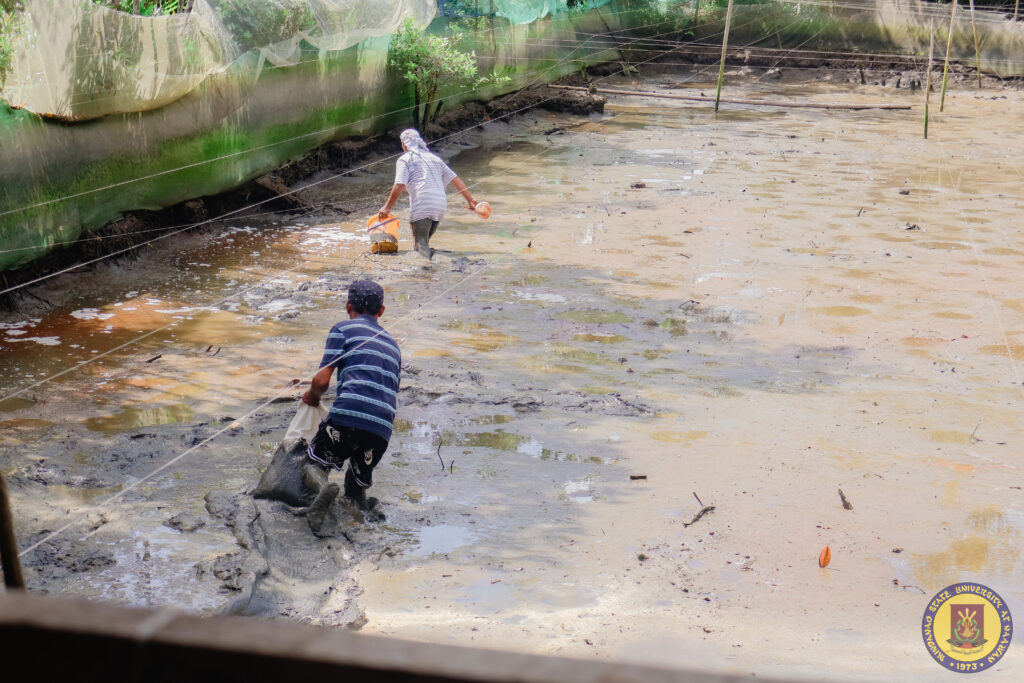
Hands-on activities equipped participants with practical aquaculture skills, including pond preparation, water quality monitoring, seaweed planting, installation of pond system components and confinement, and stocking of various organisms. They also learned to evaluate healthy seed stocks, check P. monodon post-larvae, create feeding trays, and determine the optimal species combinations for an effective IMTA system. A field visit to Lala, Lanao del Norte, further demonstrated the application of tea seed and lime for pond preparation—bridging theory with actual practice.
This successful event was made possible through the unwavering support of DOST-PCAARRD IARRD, represented by Dr. Adelaida T. Calpe, together with Ms. Geraldine Mae Olaer, Ms. Kristine Joy Tandang, and Ms. Rizza Ramoran. The program concluded with closing remarks from Dr. Melvin B. Carlos, Deputy Executive Director for ARMSS, DOST-PCAARRD, delivered on his behalf by Dr. Calpe.
Together, we remain committed to advancing sustainable aquaculture innovations and leading the way toward a resilient, revitalized, and future-ready Penaeus monodon industry.

